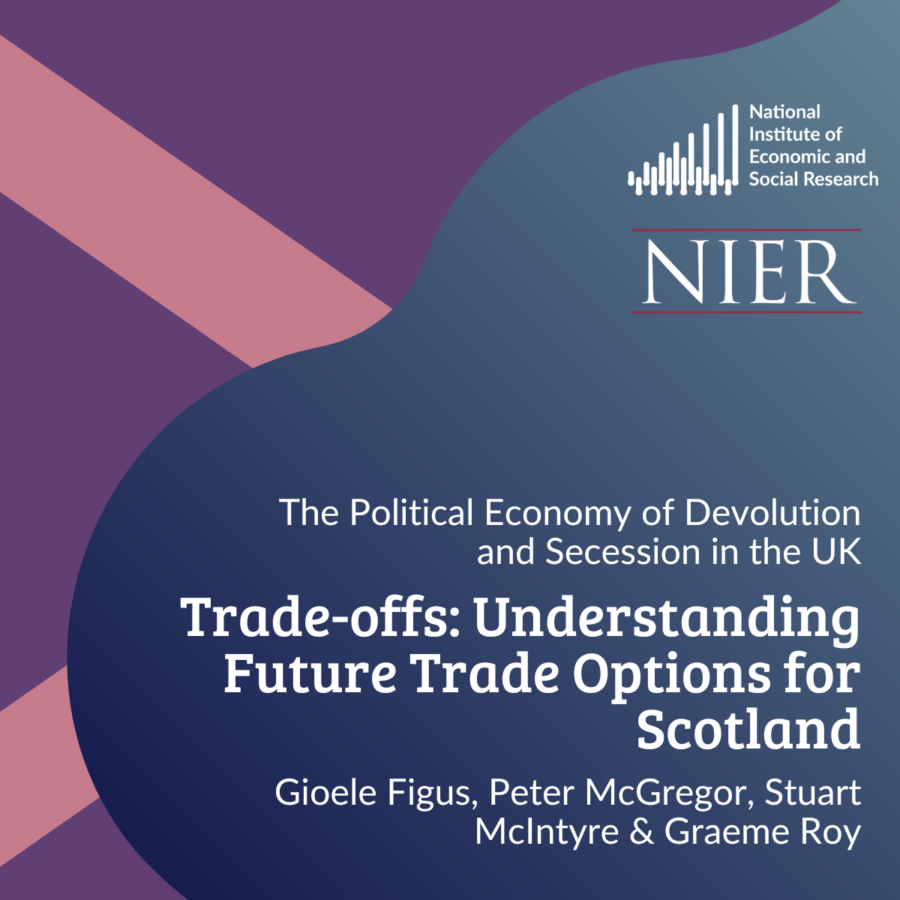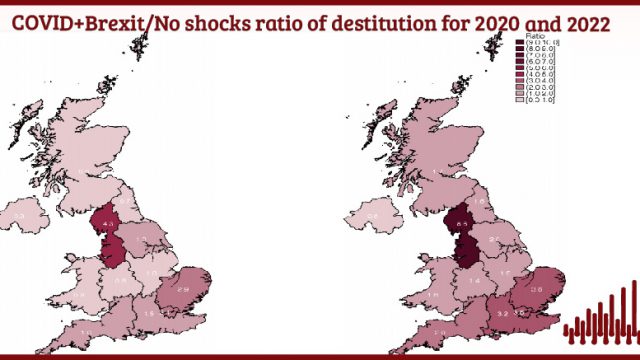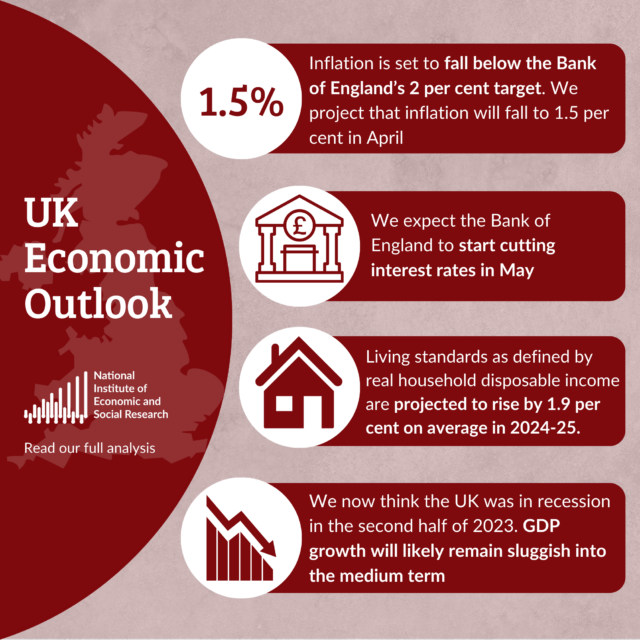Trade-offs: Understanding Future Trade Options for Scotland
An independent Scotland would need to decide on its trade arrangements with third countries, including the rest of the UK and the EU. We show that choosing to align more closely with the EU, as some pro-independence supporters advocate, means incurring trade costs with the UK which is currently Scotland’s biggest trade partner. Better domestic economic policy leading to substantial improvements in productivity or a significant reorientation of trade patterns would be required to help mitigate this impact but this may take time and cannot, of course, be guaranteed.
 Pub. Date
Pub. Date
 Pub. Type
Pub. Type

Main points
- The economic case for Scotland becoming independent has been significantly complicated by Brexit, as trade alignment with the rest of the UK no longer means aligning with the EU.
- Instead, an independent Scotland would be free to make its own trade arrangements with third countries or to join the EU. But if alignment with the EU is the chosen option, this will increase trade barriers with Scotland’s current biggest trade partner: the UK.
- The extent of this cost will depend on future arrangements with the UK.
- In principle, new trade costs could be compensated but would require significant effort from domestic policy or a major shift in the productivity of the Scottish economy.
- Results are limited by gaps and inconsistencies in regional trade data.
Trade issues lie at the heart of the two biggest constitutional challenges the UK has faced in decades: Brexit and Scottish independence. Brexit has demonstrated the economic importance of borders and led to renewed calls for Scottish independence. While there are a range of possible trading arrangements an independent Scotland could pursue, all of them involve economically significant change. In this paper, we describe Scottish trade patterns and review the range of options that a newly independent Scotland might have for its trading arrangements. We then model the relative economic importance of these different potential trading arrangements. We find that Scottish independence can significantly exacerbate the negative impact of Brexit on the Scottish Economy. This is because the UK is the current main trading partner for Scotland. This negative impact would be partly mitigated, but not offset, if Scotland rejoins the EU. Domestic econoimc policy or a significant reorientation of trade patterns may in principle contribute to further mitigating the negative impact, but this would require significant shifts in supply chains and/or significant increases in the productivity of Scottish labour and capital.
Read this open access article here
























